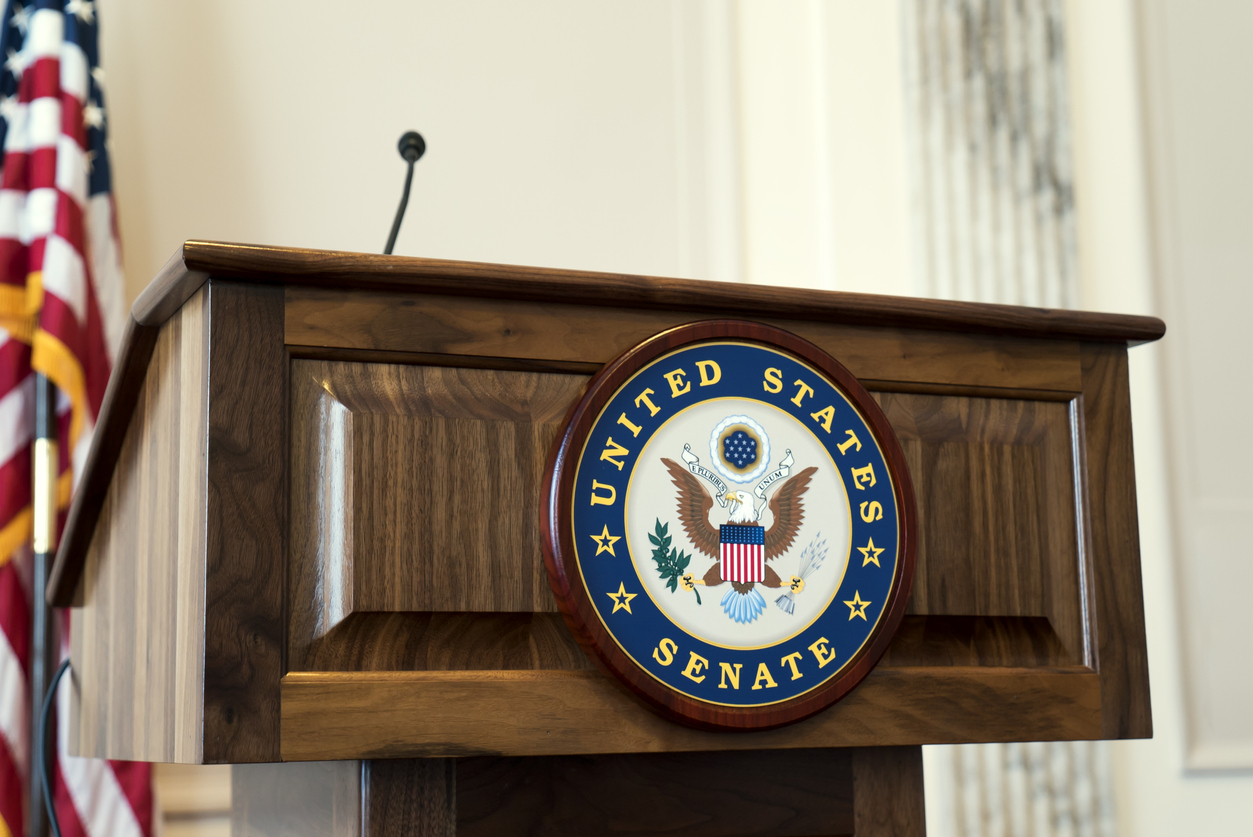Private sector economists, including the respected Committee for a Responsible Federal Budget (CRFB), are sounding the alarm over the cost of both presidential candidates’ tax proposals. This suggests the 2025 tax bill will be as much about revenue as tax policy.
According to the October 7 CRFB revenue estimates, the Trump tax proposals could add as much as $15.15 trillion to the $35 trillion federal deficit. Or, if there is the economic growth that Trump forecasts, and if Congress enacts Trump’s offsetting proposals to impose new tariffs and repeal certain current tax rules (largely in the energy sector), the new deficit will grow by $1.457 trillion, CRFB predicts.
The Harris tax proposals could range from a high of $8.1 trillion in new debt to a low of revenue neutrality (i.e., not add at all to the debt). The Harris offsetting proposals draw largely from the most recent Biden budget proposal and include a range of tax-the-rich provisions (e.g., imposing current tax on the ultra-rich’s unrealized investment gains; and a package of estate tax rule changes, including elimination (with some exceptions) of step-up in basis and a package of trust tax rules) along with a hike in the corporate tax rate. The Harris proposals would apply only to those with incomes over $400,000/year and likely would impact the section 199A deduction for qualifying noncorporate business income.
The CRFB cautioned that without implementing details, revenue forecasts are subject to change and only generally predictive. Thus, the CRFB projections reflect a wide range and certain assumptions that may or may not be relevant. And private sector projections will not count when Congress votes on a tax bill—lawmakers will use only the projections prepared by Congress’ Joint Committee on Taxation (JCT). And JCT will not project revenue impact until detailed proposals are offered.
Prospects: The CRFB (and other) private sector projections raise the very real possibility that the 2025 tax bill will be as much about revenue as about tax policy. Both Democrats and Republicans acknowledge that it is necessary to avoid expiration of all or many of the current law tax rules that provided a large tax cut back in 2017. Extending current law carries a projected cost of $4.6 trillion or more and thus a massive tax bill is inevitable in 2025. As a result, private sector interests, including NAIFA, are on high alert watching for offsetting tax increase proposals.
NAIFA Staff Contact: Jayne Fitzgerald – Director – Government Relations, at jfitzgerald@naifa.org.






.png?width=600&height=90&name=Support%20IFAPAC%20%20(600%20%C3%97%2090%20px).png)
